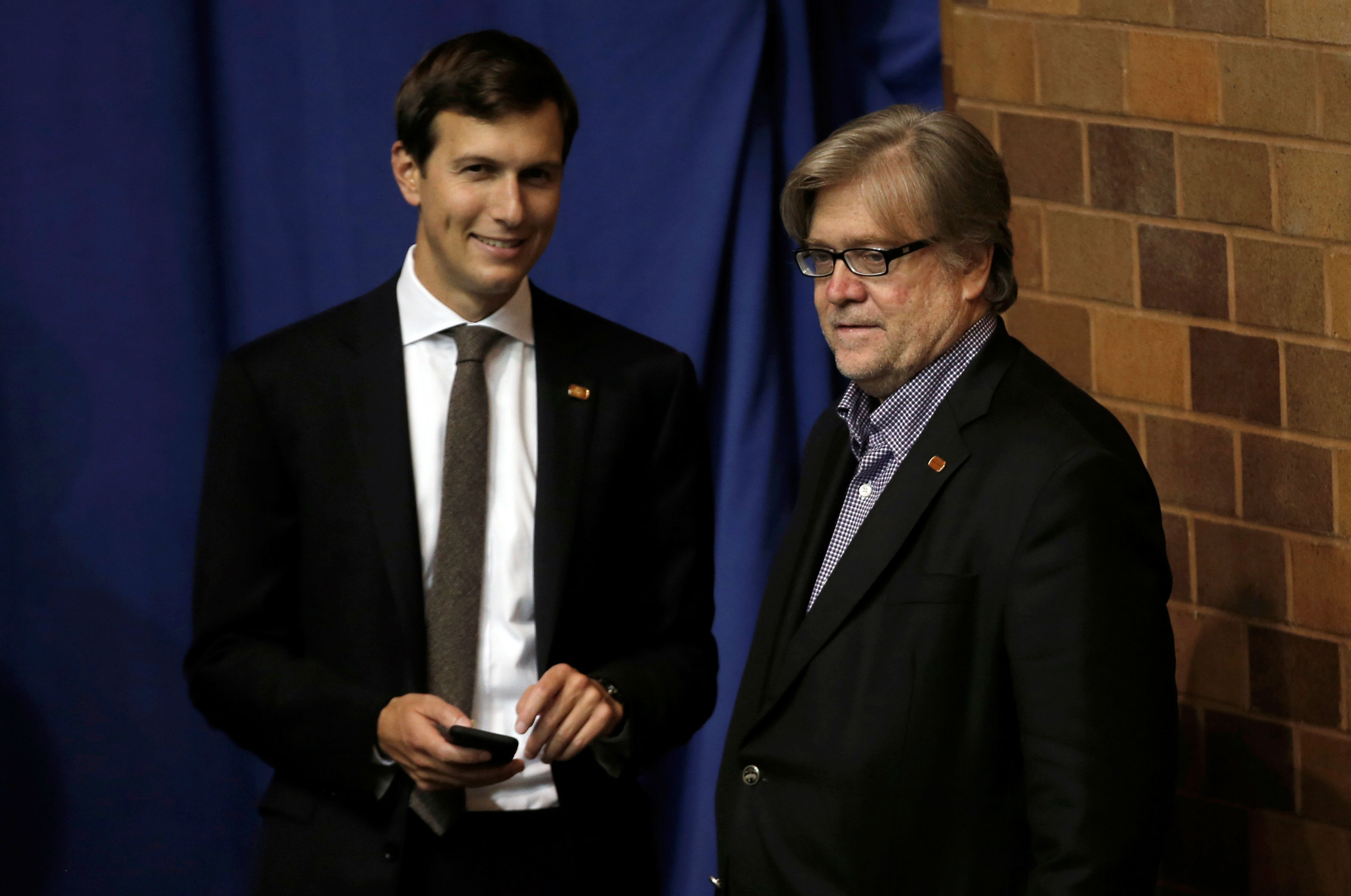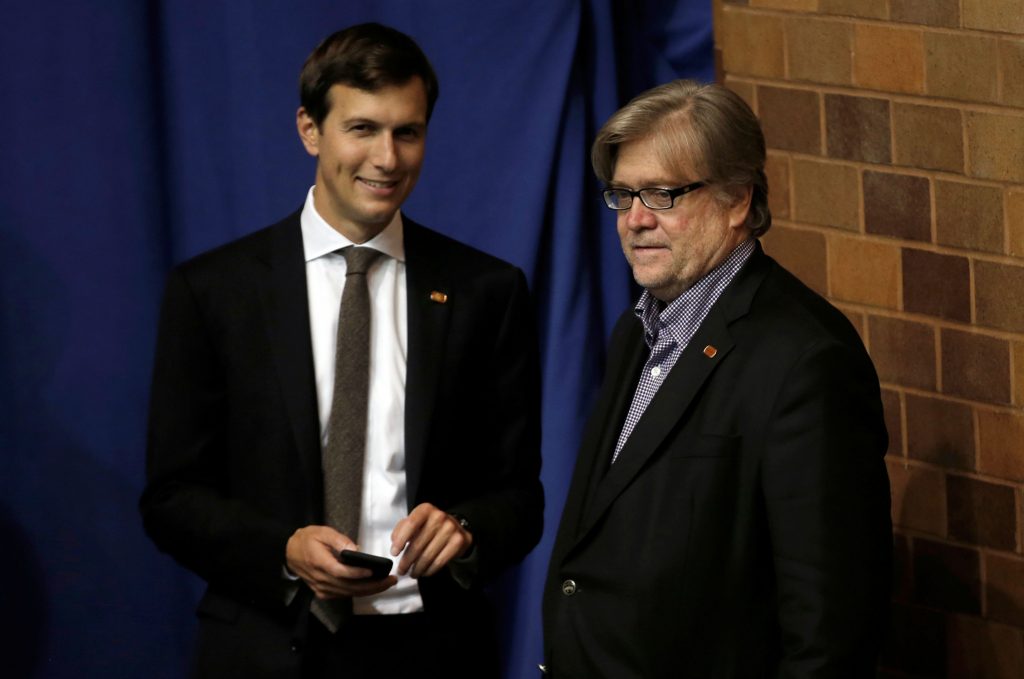 The election of Donald Trump marks a turning point in the world of international relations. Speculation abounds as to what he’s going to do, but his policies remain unknown, possibly unformed.
The election of Donald Trump marks a turning point in the world of international relations. Speculation abounds as to what he’s going to do, but his policies remain unknown, possibly unformed.
Still, this doesn’t discourage us from speculating as well as poring over the resumes of his appointments to date. But the only certainty is that Trump will tack in many directions throughout his term without regard to norms, history or past tradeoffs.
We know Trump will replace diplomacy with the Art of the Deal or no-nonsense negotiating strategies. This involves deploying any and all techniques to achieve a desired “deal” or goal, from seduction to threats, trash talk, anger, baiting, insults, shame, guilt, bullying, bribes, and fear.
This is how he drove sixteen other Republican primary candidates off the stage, took over what remained of the Republican Party, and insulted Hillary Clinton to win at the ballot box.
None of this has been palatable, but the reality is that there’s going to be a tough, horse-trader in the White House for four years.
The first casualties of this technique have already been Mexico and Canada. Trump has promised to trash NAFTA and reconstitute both trading relationships. He pledged to build a wall against Mexico and build the Keystone XL Pipeline to bring Canadian oil to the United States. Both are bargaining ploys: One is a stick and the other a carrot.
By so doing, the president-elect leaves Mexico no bargaining position other than to offer concessions to dissuade or mitigate him. Canada is in a similar position. To get Keystone and keep trade flowing, trade-offs will be necessary such as pressuring Canada to live up to its commitment to spend 2 percent of its GDP on military costs as a NATO member.
Geopolitically, the game’s the same. Many worry about Trump’s attitude toward Putin, but his promise to increase America’s military might, and to push NATO to do the same, is not good news for Vladimir Putin or Bashar al-Assad or other troublemakers.
It’s more interesting to speculate that Trump may have appealed to Putin’s vanity as a tactic to soften him up in advance of tough talk behind closed doors.
But many fear that’s not the case.
Lithuania’s Foreign Minister Linas Linkevicius told the BBC this week “I’m very afraid and concerned about this period” that Putin may invade more countries to test NATO before Trump takes power.
There are other signals, however, that belie that hypothesis. Vice President-elect Mike Pence is a hardliner toward Russia, as is Senator John McCain. So is Mitt Romney, who is being rumored as a possible Secretary of State. “Putin is the number one geopolitical foe of America,” Romney has said.
Contrarians point out that Trump’s key security advisor, retired Lt. Gen. Michael Flynn, appears soft on Russia and even attended RT’s tenth anniversary gala dinner in Moscow last year. He sat next to the Russian president. But the military build-up, and Trump’s dismissal of Paul Manafort who worked for thieving oligarchs in the region, point to a different approach.
Trump criticism about NATO is about the fact that all but five of its members (US, Greece, Britain, Estonia, and Poland) have failed, like Canada, to live up to NATO’s 2 percent GDP guidelines.
Similarly, Trump will push South Korea or Japan to do the same. While not members of NATO, they have become accustomed to large US military contingents on their soil. Threats to withdraw such support by Trump become a bargaining ploy to get them to open their protectionist policies to US goods and services, reducing their huge trade deficits to keep China in check.
The greatest consternation concerns Trump’s Special Advisor, Steve Bannon. There are accusations that he is anti-Semitic and more, but his counsel will be offset by Trump’s other special advisor, Jared Kushner, his Jewish son-in-law.
Bannon plays a “Cromwell” role of silence, but he’s certainly an isolationist, to be sure, and a Pat Buchanan populist, too.
“Paul Ryan champions our nation’s corporate titans as ‘job creators’—whose prosperity is inextricably linked with that of the middle class—Bannon paints them as rootless, godless elites whose wealth is harvested from the exploitation of ordinary people,” wrote New York magazine last week.
Bannon is not a fan of the United Nations or the European Union, and cheered Brexit. He’s an America-first, little guy champion who will always view America’s foreign policy choices and negotiations through a protectionist and protective filter.
But only time will tell and advisers won’t have the final say.
Diane Francis is a Senior Fellow at the Atlantic Council’s Dinu Patriciu Eurasia Center, Editor at Large with the National Post in Canada, a Distinguished Professor at Ryerson University’s Ted Rogers School of Management, and author of ten books.
Image: Jared Kushner (L) and Stephen Bannon stand by as Republican presidential nominee Donald Trump holds a campaign rally in Canton, Ohio, September 14, 2016. REUTERS/Mike Segar
